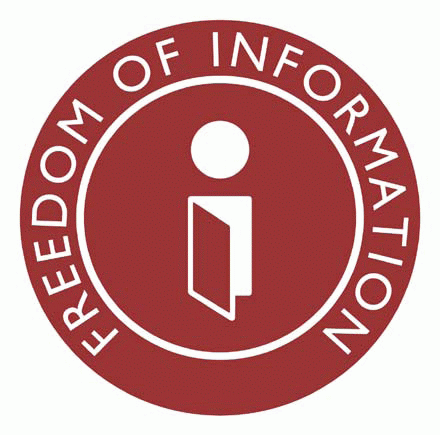 Coast Guard Asserted Previously It Had “No Corporate Memory” of Lobbyist-Driven, Five-Year Effort
Coast Guard Asserted Previously It Had “No Corporate Memory” of Lobbyist-Driven, Five-Year Effort
The U.S. Coast Guard has ended its year-long slow walk on filling our requests for basic public records regarding a lobbyist-driven offshore wind energy study known as the Atlantic Coast Port Access Route Study (ACPARS). That study, which took five years to complete, made recommendations that could reduce wind energy areas off the Eastern Seaboard by 50 percent – making widespread adoption of offshore wind energy unviable.
Considering claims made by Captain Douglas M. Fears, chief of staff of the U.S. Coast Guard Atlantic Area, of the Coast Guard’s “lack of corporate memory,” and recent history of Freedom of Information Act denials, we are grateful to finally be obtaining records that will help the public begin to understand how and why this study went awry.
Role of Shipping Lobby
The Coast Guard conducted the study in conjunction with American Waterways Operators (AWO), the main shipping industry lobby group. The organization not only represents an industry that derives substantial income from transporting chemicals and petroleum products, it is also affiliated with some of the largest oil and gas polluters in the world.
Obtaining records of the Coast Guard’s offshore wind study has been an arduous and time-consuming process, which aligns with recent reporting about the government’s lack of transparency.
According to a recent ABC News article, “[The] Obama administration in its final year in office spent a record $36.2 million on legal costs defending its refusal to turn over federal records under the Freedom of Information Act, according to an Associated Press analysis of new U.S. data that also showed poor performance in other categories measuring transparency in government.”
The article also notes:
For a second consecutive year, the Obama administration set a record for times federal employees told citizens, journalists and others that despite searching they couldn’t find a single page of files that were requested.
And it set records for outright denial of access to files, refusing to quickly consider requests described as especially newsworthy, and forcing people to pay for records who had asked the government to waive search and copy fees.
The government acknowledged when challenged that it had been wrong to initially refuse to turn over all or parts of records in more than one-third of such cases, the highest rate in at least six years.
Records Withheld
Notably, in the partial denial letter, the Coast Guard withheld records under FOIA Exemptions 5 and 6. FOIA Exemption 5, in particular, “protects from disclosure those inter- or intra-agency documents and information that are normally privileged in the civil discovery context. Three of the most frequently invoked privileges are the deliberative process privilege, the attorney work-product privilege, and the attorney-client privilege.”
Although the Checks and Balances Project is currently waiting for returns on three other FOIA requests, and weighing whether to appeal this exemption, we’ll be sure to update our readers with the content of the emails any new developments regarding our outstanding FOIA requests.
Evlondo Cooper is a senior fellow with Checks and Balances Project, a national watchdog blog that seeks to hold government officials, lobbyists, and corporate management accountable to the public. Funding for C&BP comes from sustainable economy philanthropies and donors.
You May Also Want to Read:
Will Shipping Lobby’s Handiwork Sabotage Offshore Wind Energy?
Coast Guard Claim of “No External Participation” Contradicted by Shipping Lobbyist
Admiral Zukunft: Did Shipping Lobbyists Steer Offshore Wind Energy Study?






Recent Comments